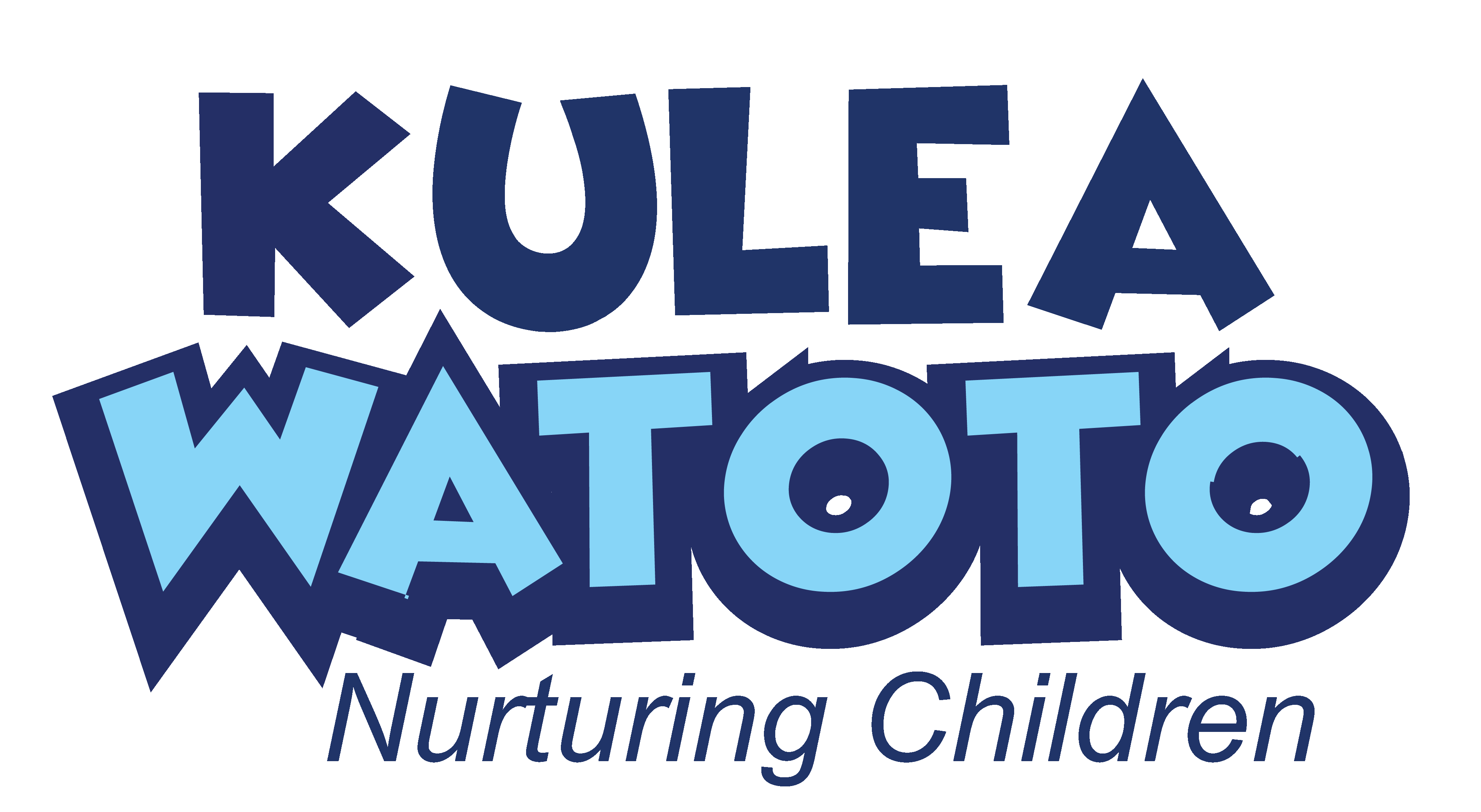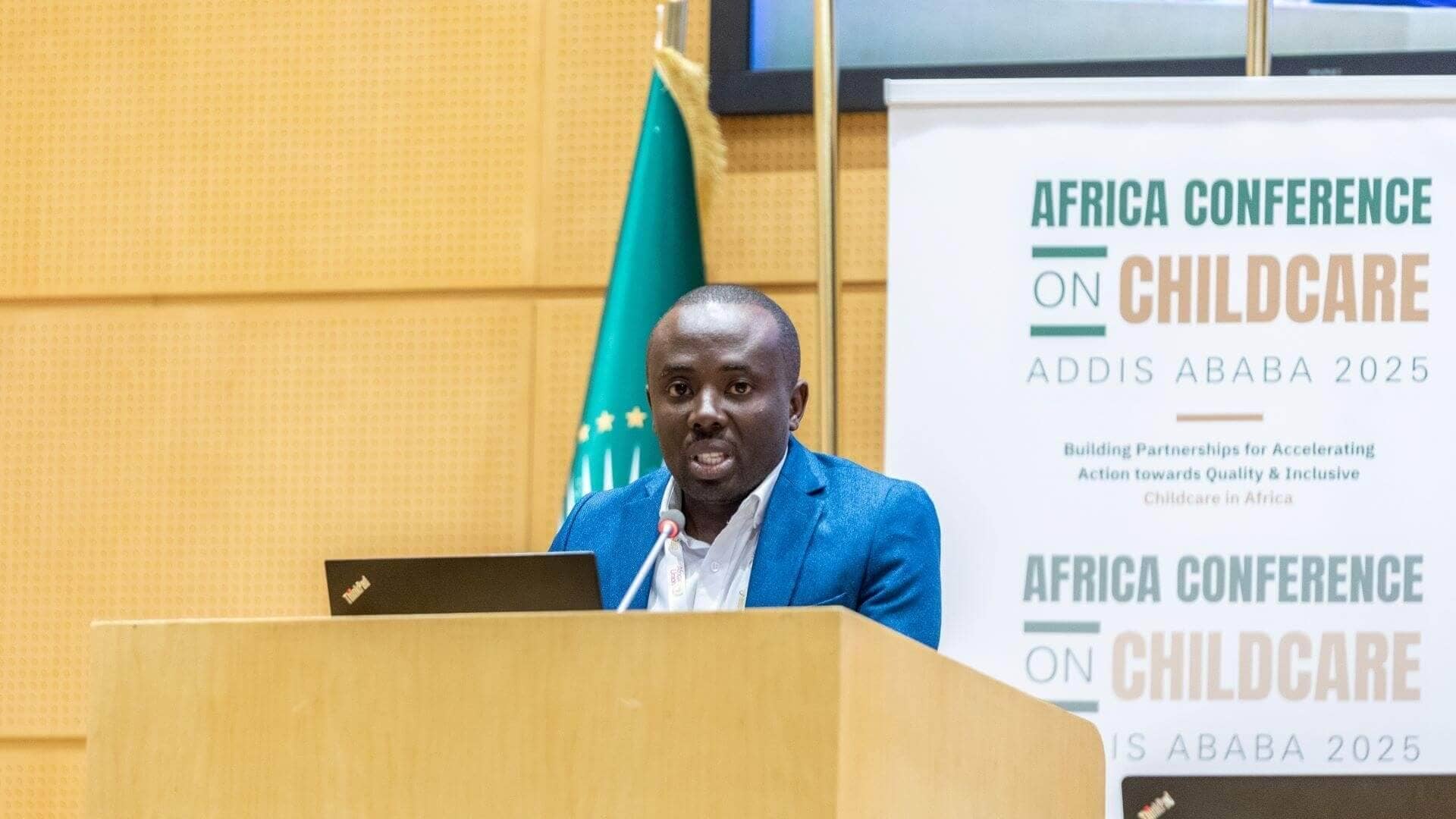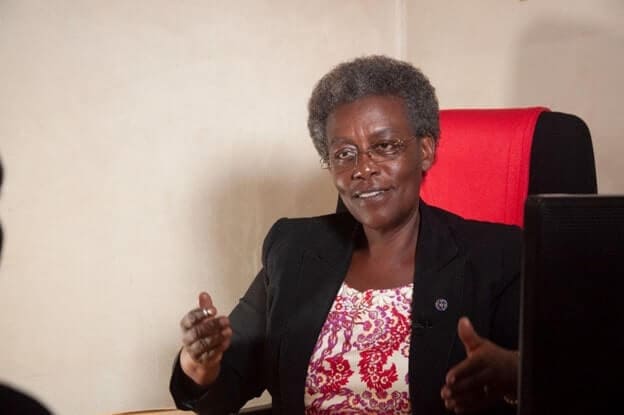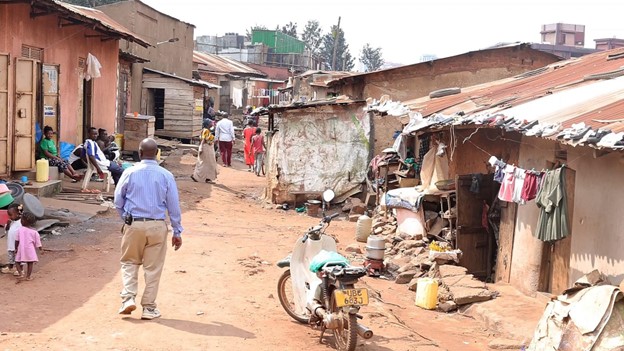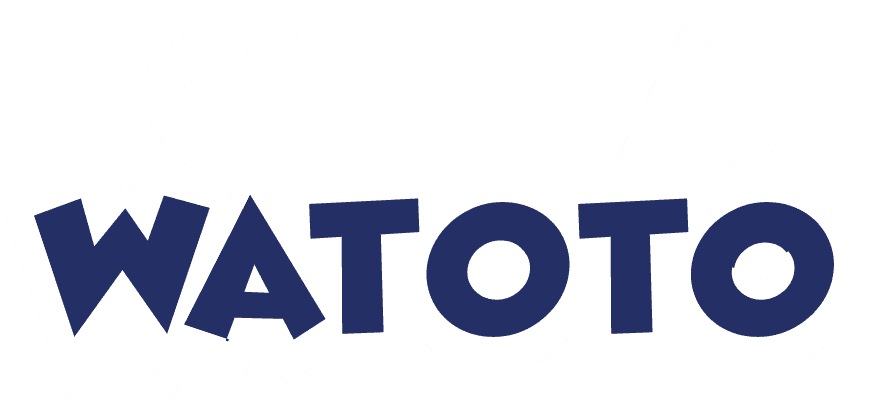Roots of Resilience: Jeanette’s Journey to Self-Reliance
Roots of Resilience: Jeanette’s Journey to Self-Reliance
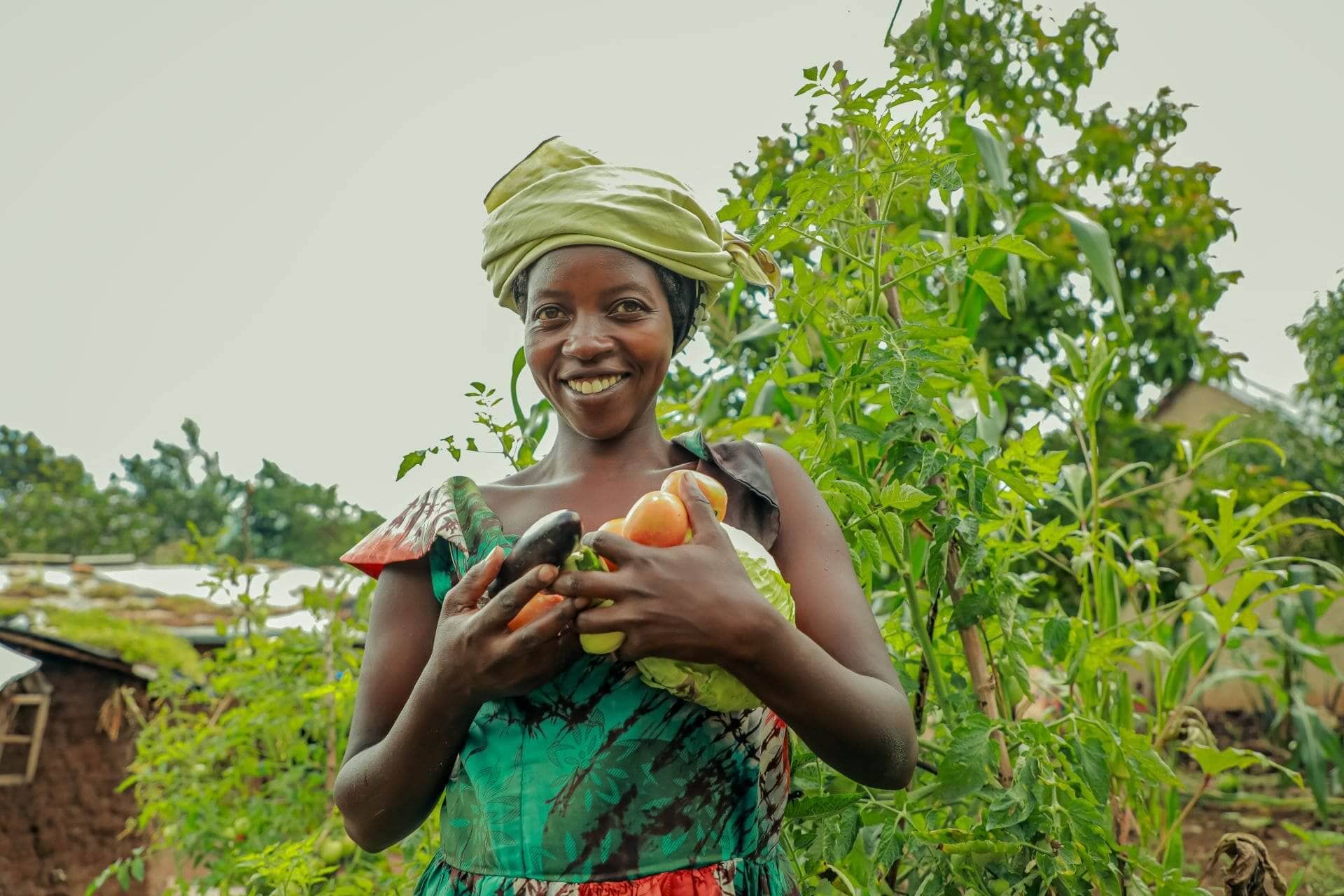
Jeanette Mukarukunda holds fresh vegetables from her home garden. The Kulea Watoto Project offers training and agricultural tools to help build sustainable livelihoods for both refugees and host communities
In 2019, Jeanette Mukarukunda fled the violent conflict in the eastern Democratic Republic of Congo, seeking safety in Uganda. She arrived in the bustling Kyaka II Refugee Settlement with her two young children, a heavy weight of uncertainty and worry pressing on her shoulders: where would they live, and how would she feed her family?
Government of Uganda welcomed her alongside other refugees, providing shelter and a generous 40x40 meter plot of land for farming - a lifeline amidst the chaos. But while Jeanette had some experience in kitchen gardening and raising livestock, she felt overwhelmed by the challenges of starting anew in a foreign land.
She struggled to provide enough food for her family and to educate her children. Her husband initially tried to support them by using their motorcycle for boda-boda (commercial) service, but his income was insufficient to meet the family’s pressing needs.
“There were days when we went without a meal,” she recalls, her voice tinged with sorrow. “Sometimes we had hot water with tea leaves. It was heartbreaking to see my children sitting at home while their classmates went to school. I felt so helpless.”
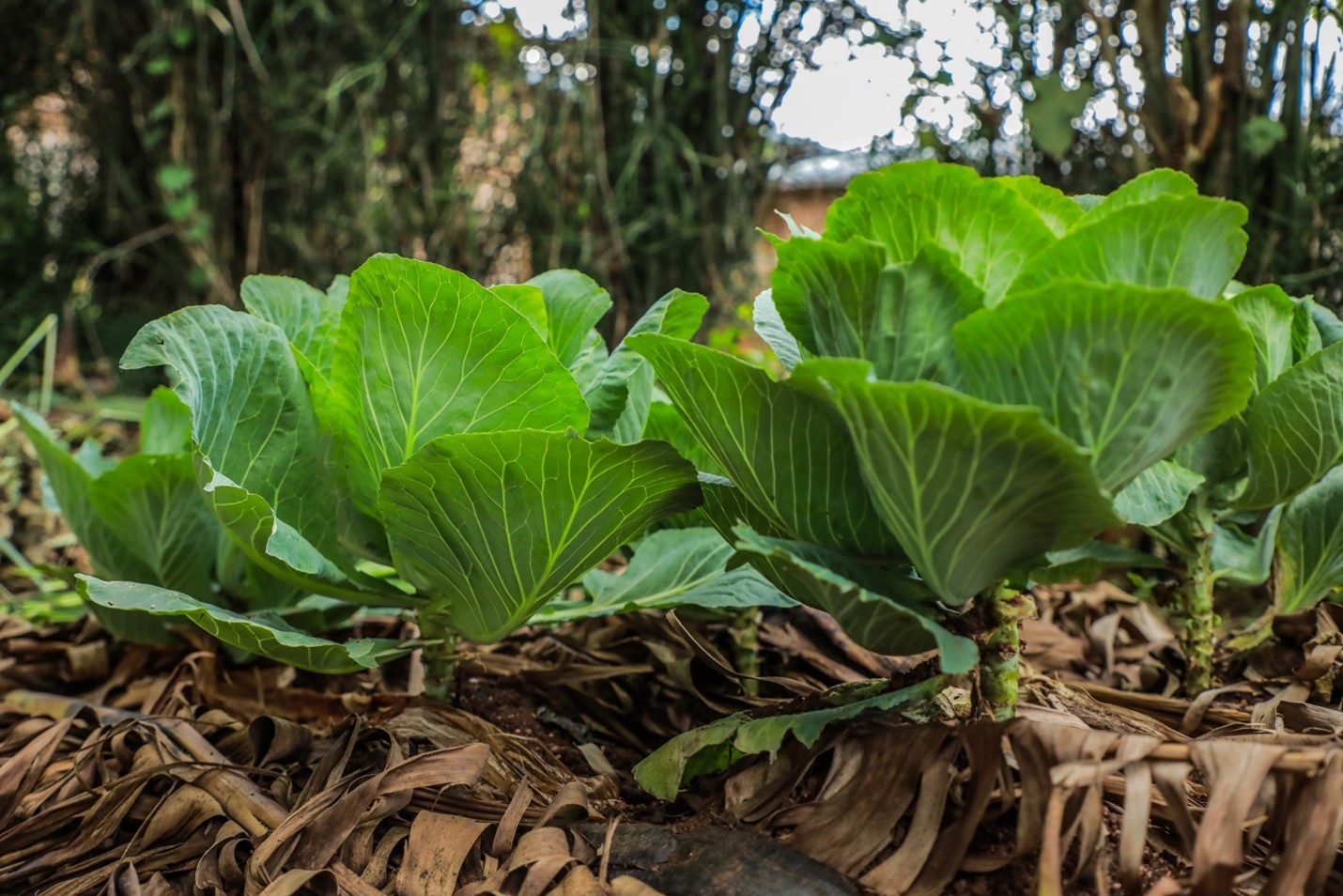
A flourishing home garden of cabbages at Jeanette’s home. She is harvesting the cabbage and other vegetables to provide for nutritious meals for her young children. ©IRC/Jonathan Ssekitondo
Just when hope seemed lost, Jeanette’s prayers were answered when she was selected for the Kulea Watoto Project. Funded by the Hilton Foundation, the project, among other objectives, aims to build sustainable livelihoods for refugees in the Kyaka settlement and for Ugandans in surrounding communities, believing that improved fortunes will translate and enhance the well-being of their children.
Through the project, Jeanette engaged in hands-on training sessions alongside fellow refugees and local farmers, learning innovative agricultural techniques. She practiced in an experimental garden, where she discovered effective methods for vertical gardening and maximizing her limited plot of land.
At the end of her training, Jeanette received a precious enterprise: a pig, accompanied by guidance on animal husbandry. Jeanette hopes this pig will eventually yield piglets, further boosting her farming efforts. With newly acquired knowledge, she began to grow cabbages and tomatoes—crops not only for her family's consumption but also for sale at local markets to generate income for her family.
“The training opened my mind,” she says. “I realized that indeed the small plot of land that I was allocated on arrival was enough to plant bananas, cabbages and tomatoes on stakes, put up a pigsty, and leave enough room for a chicken pen, and space for my children to play.”
The Kulea Watoto Project further offered skills in nurturing children, financial literacy and household visioning. These, she says, have enabled her to understand how to save from her income and provide a guide on where she intends to be in the next five years.
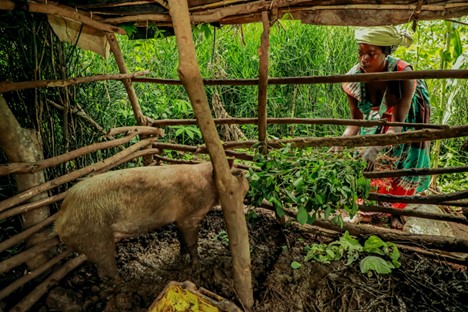
Jeanette feeds her pig with among other items, residues from cabbages she harvested from her garden to make meals for her home. Jeanette is grateful to the Kulea Watoto Project for training and agricultural tools that have helped her help build sustainable livelihood. ©IRC/Jonathan Ssekitondo
Together with her peers, they have formed a savings group that allows members to pool money for emergencies or investments back into their agricultural businesses. Jeanette now feels a sense of hope and purpose. Jeanette has further taken on a vital role in the family, cultivating maize, cabbages, eggplant, and other vegetables not just for home consumption but also for sale in the local market. By supporting her husband’s meager income, she has become a pillar of strength, saving money for emergencies and ensuring her children are well-fed and are in school.
“The trainings changed my life,” Jeanette states, her eyes sparkling with pride. “Together with my husband, we have a vision map that is guiding us on where we want to be in the next five years. We want to be better, and I am sure we will get there. My children are feeding on balanced meals which I grow at home. They are attending nursery education at Lucky Early Learning Center, and I already see a bright future for them. I am so fulfilled.”
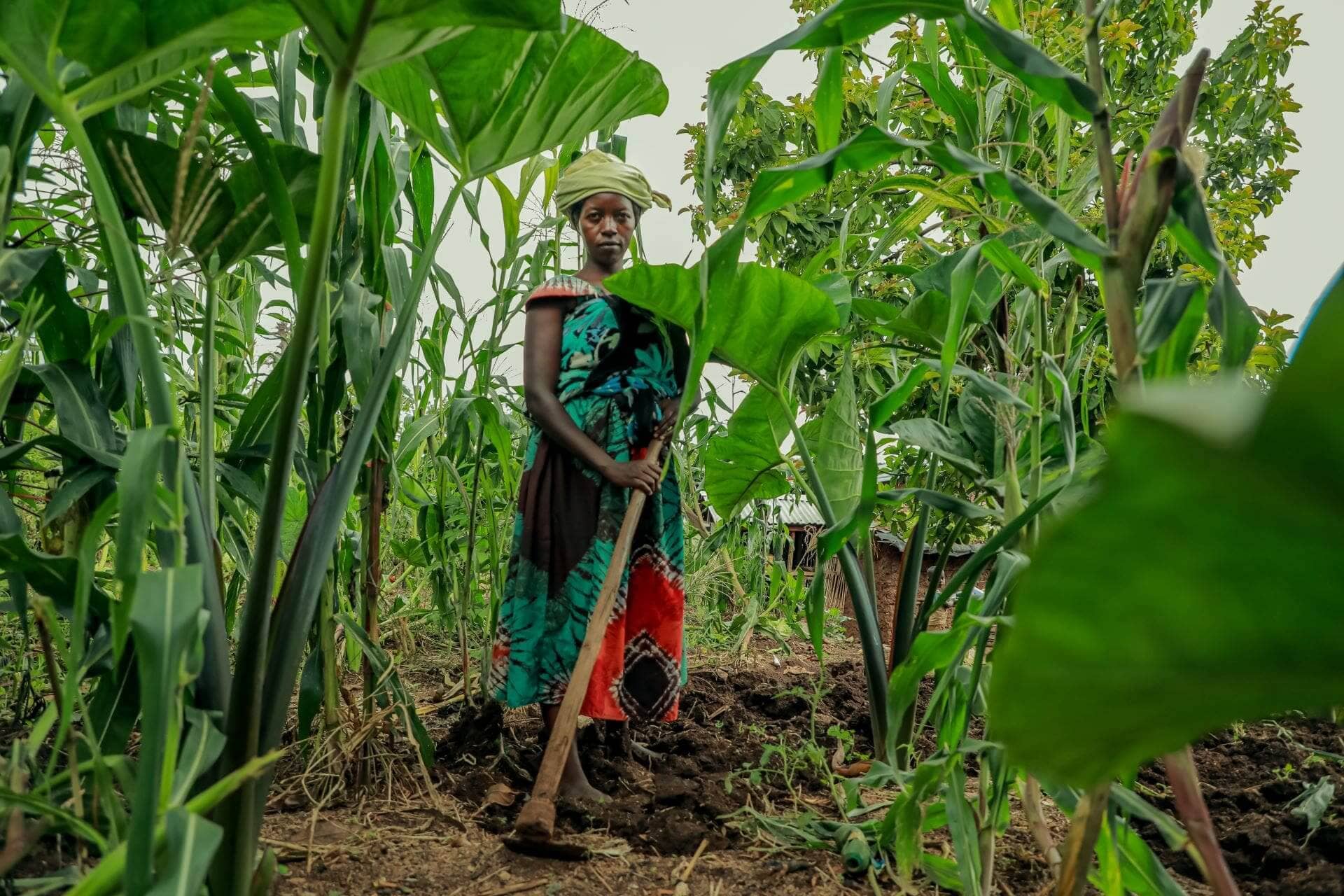
Jeanette in her garden at her home in Kyaka Refugee Settlements. The Kulea Watoto Project offers training and agricultural tools to help build sustainable livelihoods for both refugees and host communities. ©IRC/Jonathan Ssekitondo
As the number of refugees worldwide approaches 37 million, and as the average length of displacement reaches 20 years, governments must embrace innovative strategies to ensure refugees live with dignity, rather than being stuck in limbo. In Kyaka II and refugee settlements globally, there exists a tremendous opportunity to leverage agriculture as a pathway for self-sufficiency, addressing essential needs and empowering individuals to improve their lives.
Jeanette’s story is a testament to the strength of the human spirit and the transformative power of community support. With the right tools and resources, refugees can cultivate not just crops but also hope for a brighter future.
